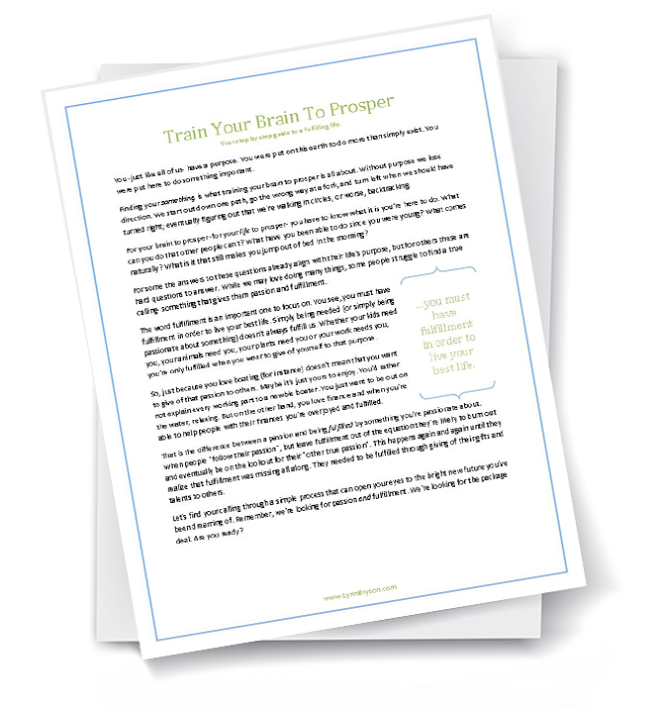Your life is full of transitions. Transitions in roles, identities, environments and relationships. And while change is often useful, we’re hardwired to be fearful of it.
One of the advantages of working with a life coach is that they can help you understand how to navigate change in a positive way – saving you from the stress, pain and frustration that you might otherwise have encountered.
Whether the change is something you’re seeking out, or it has been forced on you, a life coach can help you deal with several of the challenges that may arise.
Overcome fear & build resilience
When you’re faced with change, your instinct might be to try and resist it. Change, like fear, can trigger the fight or flight response. Rather than struggling in this period and making the experience more difficult for you to navigate, a life coach can guide you toward a more flexible mindset.
They’ll help you embrace change so that the next time it shows up for you, you’ll be more resilient and able to cope with it more positively. You’ll better understand that with every end comes a new beginning.
Overcome insecurities
Insecurities and negative thought patterns are easily triggered when faced with change. Even if the change is something you wanted, like a promotion, you might find you start calling everything into question.
In particular, negative self-talk could be holding you back from embracing change and seeing the positive in it. A life coach will guide you to identify the self-talk that is causing you harm and provide you with strategies for releasing those old thought patterns.
Your brain can be re-wired, and when you start changing those negative thought patterns for positive ones, you’ll feel much better equipped for facing what comes your way.
Practice self-care
When figuring out how to navigate change, another way a life coach can help is to show you ways to be kind to yourself. Self-sabotaging behavior and beating yourself up is common when struggling with change, so it’s important to treat yourself gently.
A coach will help you understand and accept that stress shows up even with the most positive of changes, like having a baby, for example. Rather than fighting or attempting to suppress the stress, you need strategies for coping.
Those may include:
- Looking after your physical self by eating healthily, getting enough rest and staying active
- Practicing mindfulness and staying in the present
- Having compassion for yourself by doing the things that make you feel good and whole
- Checking in with your needs on a daily basis and making sure they’re being met
Gain perspective
A significant change to any area of your life can leave you reeling and wondering which way is up. It’s here that you could benefit from some perspective, to help you make sense of the change and see a way forward, rather than floundering in uncertainty.
At this juncture in your life, a coach can help you reconnect with your core values, firming up your identity and purpose. They will also help you evaluate your level of control in the situation and introduce you to strategies to help you remain empowered.
As well as coping with loss, understanding how to navigate change can be one of life’s biggest challenges. A life coach can ease you through this time of transition so that you come out the other side stronger and ready to face whatever is waiting for you.Are you facing a change in your life that you could use help with? Find out more about how we can work together here.


Leave a Reply